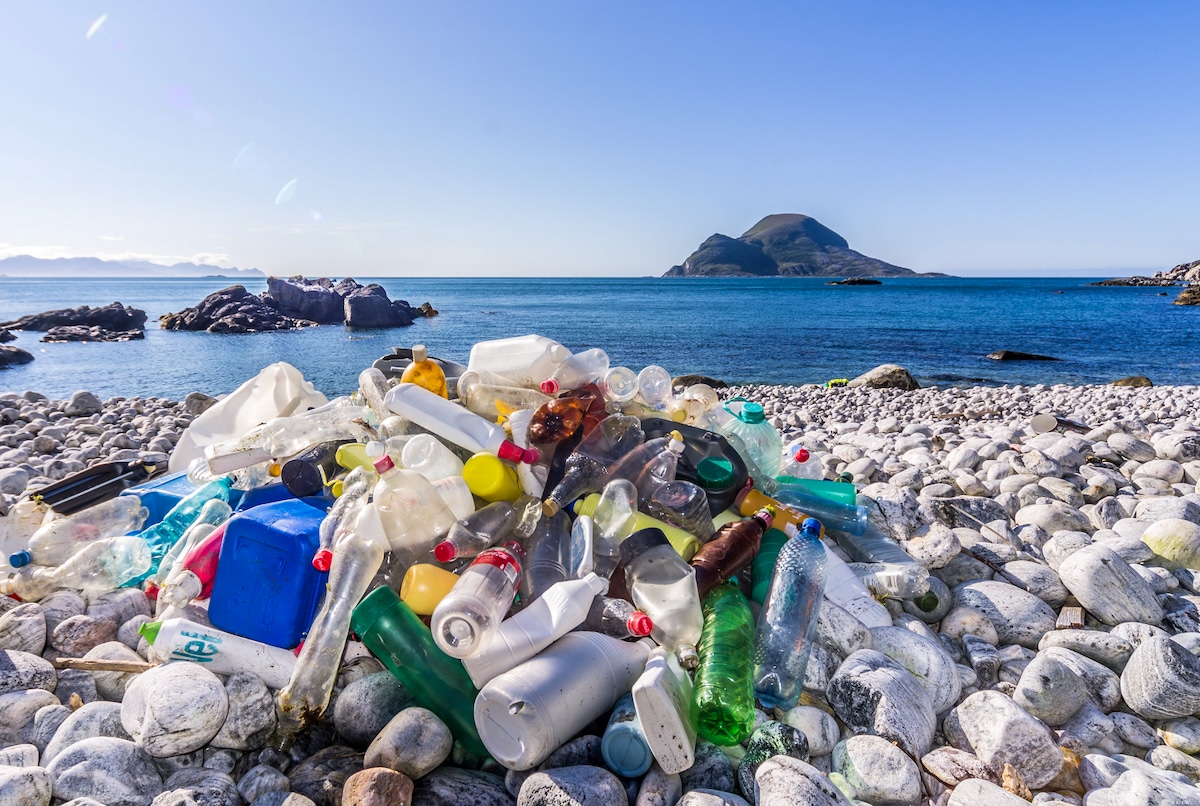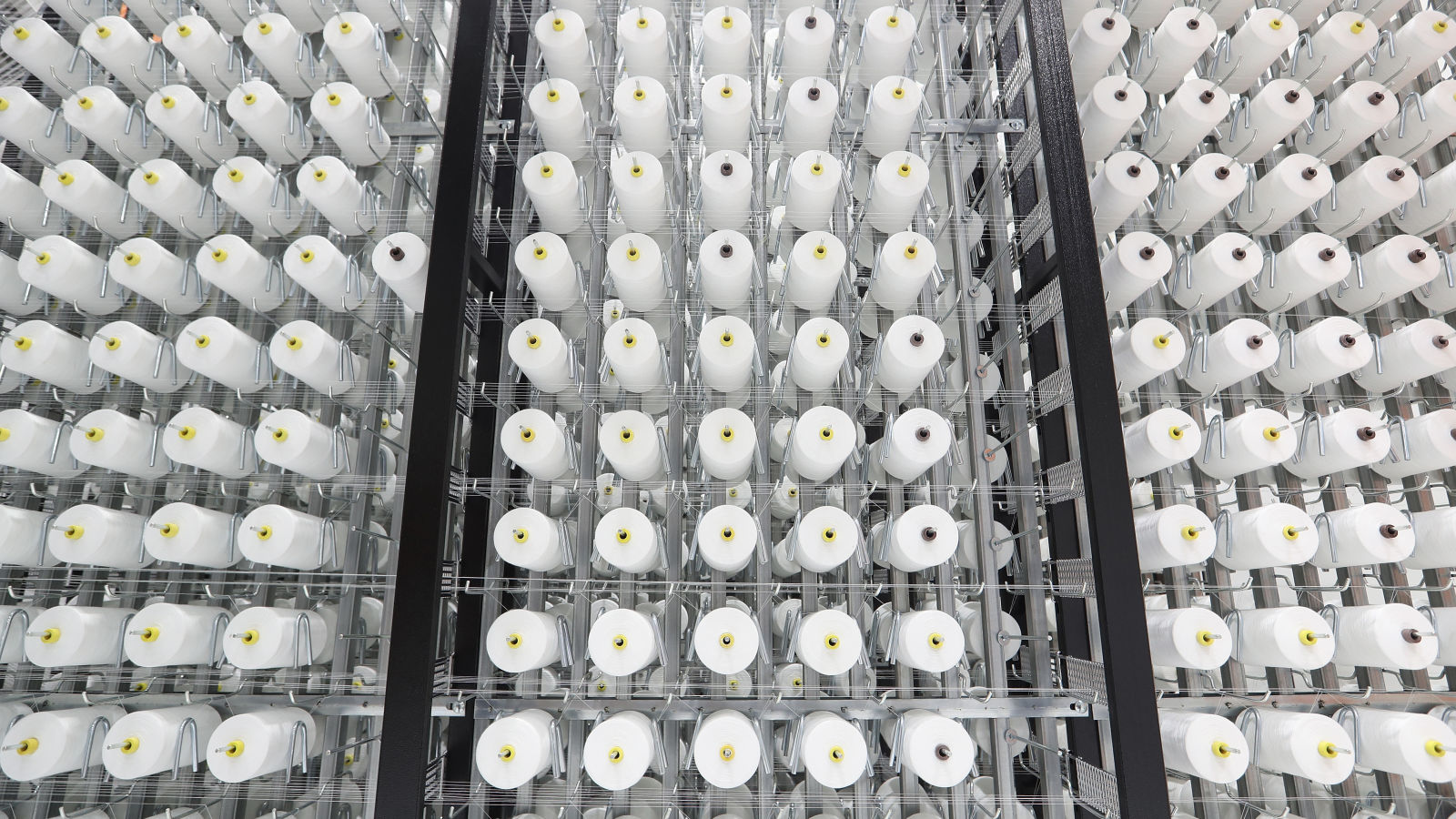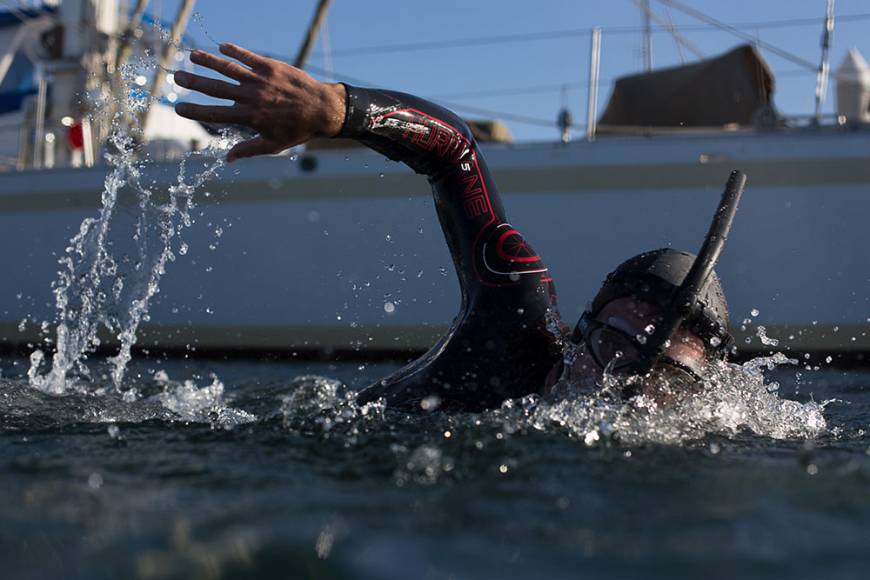
A new study on plastic pollution in 84 countries has linked half of branded plastic pollution to only 56 firms, with about 24% of the plastic waste analyzed connected to only 5 companies Coca Cola, PepsiCo, Nestle, Danone and Altria.

Plastic pollution in the world's oceans has reached "unprecedented levels" over the past 15 years, a new study has found, calling for a legally binding international treaty to stop the harmful waste.

Despite efforts to export plastic waste for recycling, almost one-third of it leaving Europe isn't getting recycled at all. It is estimated that there are currently more than 150 million metric tons of plastic waste in the ocean.

Recent study revealed that ocean plastic pollution will triple by 2040 if nothing is done to stop it. That translates to a horrifying 50 kilograms of plastic per 1 meter of shoreline.

A recent clean-up operation by Ocean Voyages Institute has removed around 103 tons of fishing nets and plastics trash from the Great Pacific Garbage Patch in between the coasts of California and Hawaii.

According to a recent study, up to 1.9 million pieces of microplastic is located in a 5 cm-thick layer covering just one square metre. It is the highest levels of microplastics yet recorded on the ocean floor.

the ocean sediment tells a clear story of the world’s growing reliance on plastic. Between 1945 and 2009, the rate of plastic deposition doubled every 15 years on average.

The ban is part of a nationwide effort to curb plastic pollution, which has overwhelmed the tiny country in recent years. Vanuatu's is believed to be the first such ban on disposable diapers anywhere in the world.

On the Cocos (Keeling) Islands, researchers have determined over 414-million pieces of plastic have washed up on shore. In the Mediterranean, off the coast of Corsica Island, the island of floating plastic and garbage is several dozen km long.

Lecomte, who’s attempting to become the first man to swim across the Pacific in an effort to highlight ocean health and conservation, is now a distance of 1,000 nautical miles from his starting point.

In early June, Ben Lecomte will enter the waters to begin a 10,000-km swim across the Pacific Ocean that seeks to shine a light on ocean pollution and plastic contamination.
National Geographic is launching of Plastic or Planet initiative. It will be a long-term, multi-year commitment.
The Indonesian island of Bali is popular with tourists and known for its beautiful beaches. British diver filmed himself swimming through rubbish in the sea.

Now, researchers have found 73 percent of Northwest Atlantic deep-sea fish are eating microplastic – the highest reported frequency of plastic-eating fish in the world.

The bottled water industry creates 2 million tons of plastic bottle waste every year.